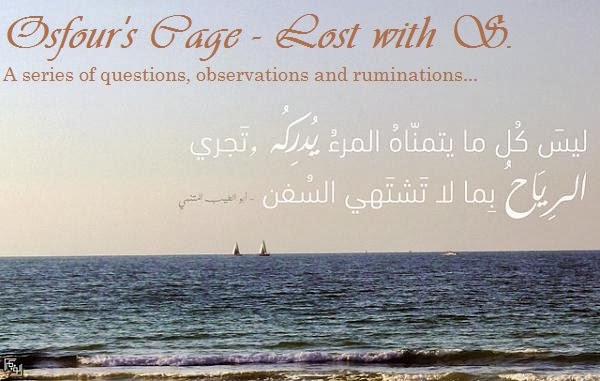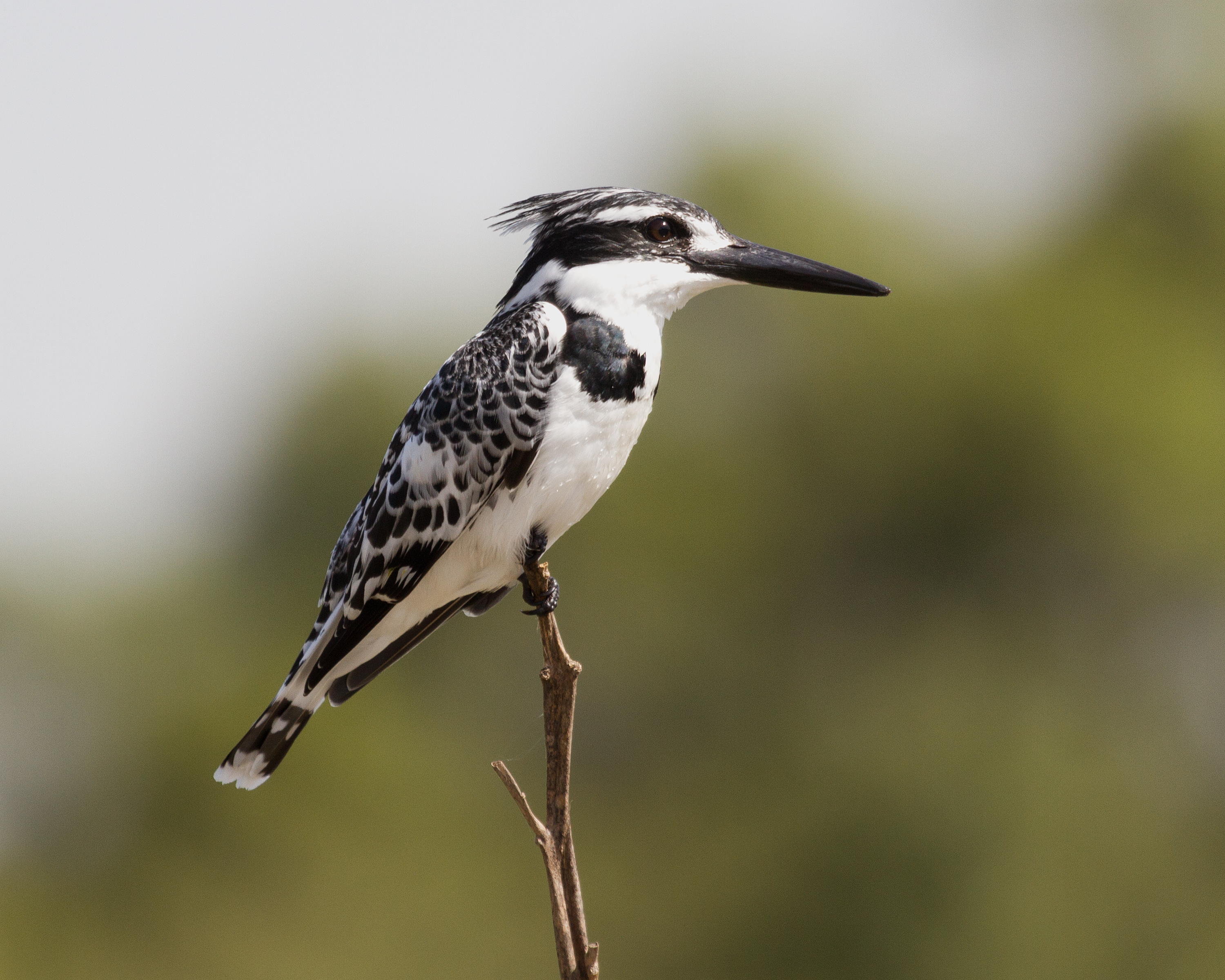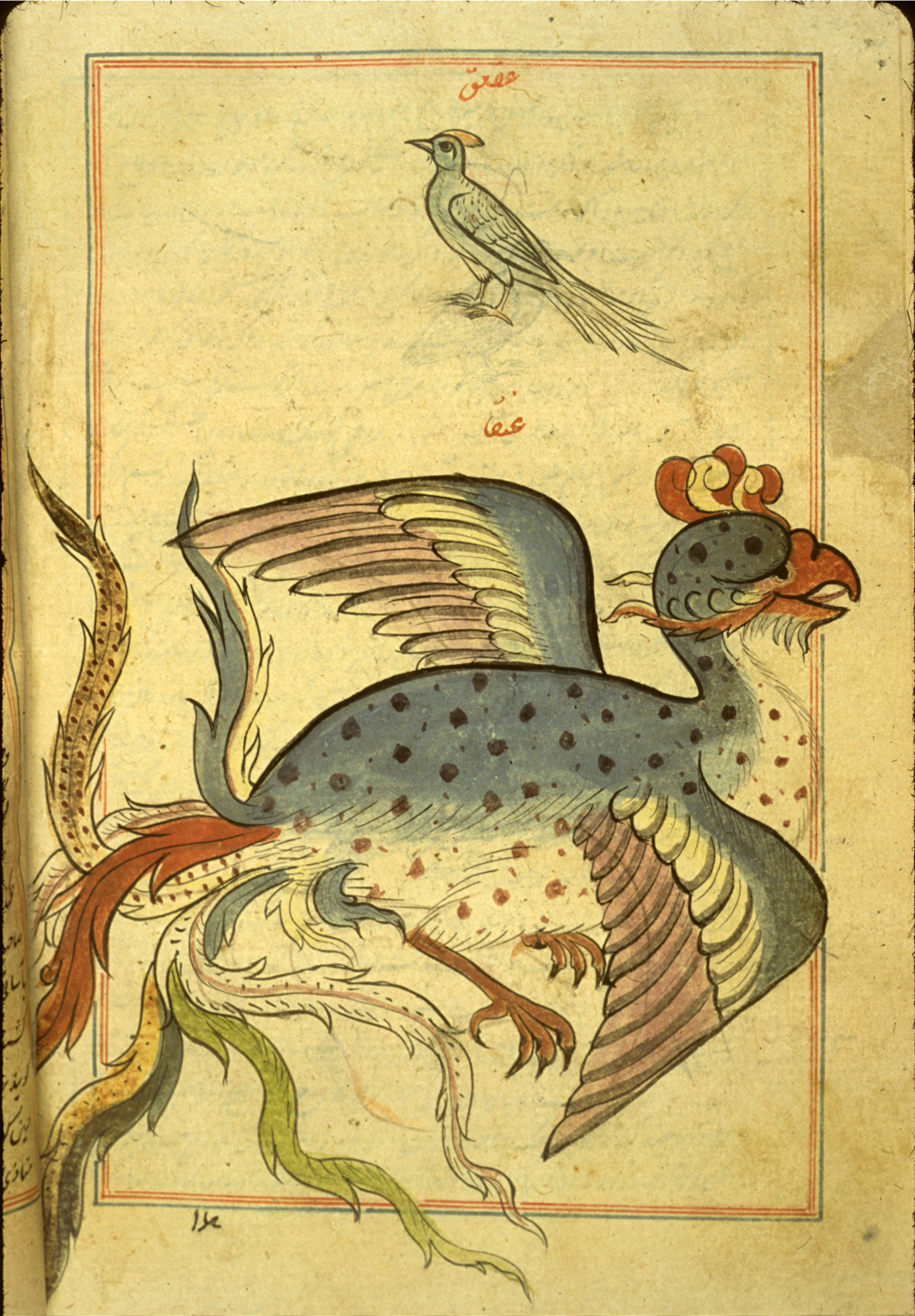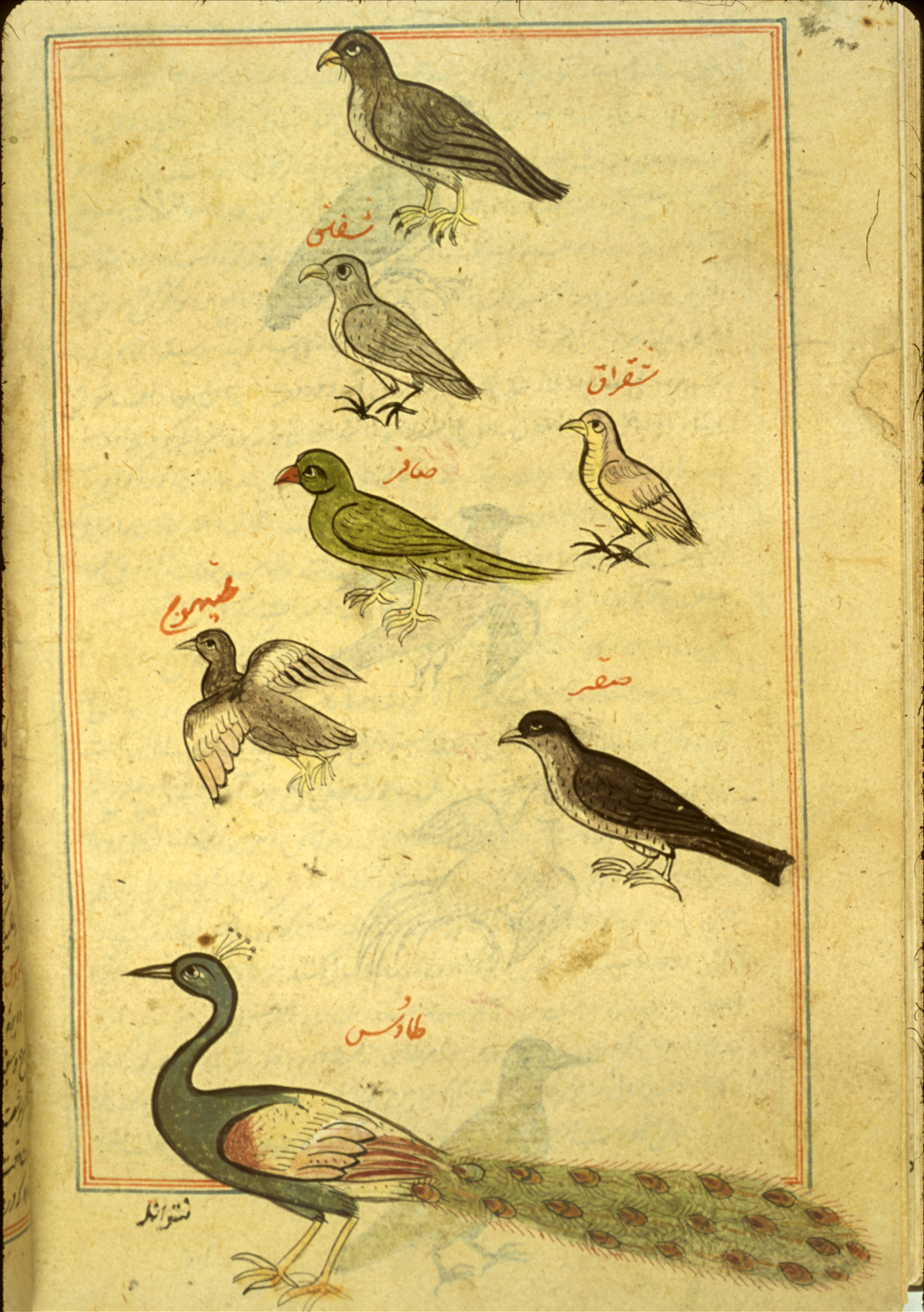This email was received on Sunday, April 6th at 16:15 GMT. This brings the total of alternate Chapter 10 versions to 4!
Version 273 - The first one. It appeared on Jen Heyward's Tumblr
Version 289 - This was posted simultaneously on Twitter by @SisterTsion and @CFish6 on April 7th, 2014
Version 290 - This was posted simultaneously on Twitter by @SFiles22 and a French Blog on April 8th 2014
Version 291 - Received by Osfour's Cage
Here is the text contained in the above pages:
"Czech/English
Translations for EPH-9993 (00291)
not befall him. He lands roughly. When
he tries to pull himself up to standing he is unable to do so. There is a pain,
a powerful pounding pain in his leg.
Here is where Time collects, collides,
all at once. A drop of wetness falls on his head. He rubs the spot and finds a
dark streak across his palm. S. rolls himself onto his back and looks up at the
ceiling only to see himself looking down.
It is strange, S. thinks, to see
himself as he truly is from an objective point of view. Physically he is old.
Too old to be running around in the dark, and too old to live a full life with
Sola.
Mentally he is scattered. He grabs for
many threads that pass lightly over his hands. He feels only the smallest
sensation from each before they are out of reach.
A thread passes through his fingers.
Corbeau. S. remembers Corbeau. Mostly he remembers how it felt to walk with her
clutching at his hand. She had taught him what belonging together looked like,
what it felt like. He remembers holding her tightly in his arms.
Another thread. Stenfalk. A man who
followed his passions despite his age, despite his sickness. He remembered how
he and Corbeau looked standing as leaders on the dais in the city of B__. He
remembered how everyone had looked up to them for guidance.
S. is in a cave. A dark cave, and he
realizes that he is pointing a gun at two figures that stand silhouetted by
moonlight. The figures embrace each other tightly as S. steps toward them. It
isn't until he is a few steps away that he recognizes them both. Stenfalk and
Corbeau stand together.
Corbeau turns away from S. and hides
her face in Stenfalk's shoulder. S., unable to stop himself, points the gun at
her and fires several shots. They hit her in the back and she slips from
Stenfalk's grasp as she falls over the edge.
He approaches Stenfalk. The man knew
exactly who he was, something that S. couldn't seem to find. S. places his hand
on Stenfalk and gently pushes him over the edge.
Why? They trusted him. They saw his
value when no one else did. He had killed them.
Another thread. Sola. There's always
the question of Sola. What was she to him? Which of the threads, which of the
choices, actually take him to her? Every thread he touches seems to be entwined
with her in one way or another. How could he make any choice if he did not know
all of the implications?
Again, the threads appear in front of
him. Instinctively, just like so many times before, he reaches for Vévoda's
thread.
It takes great effort to stop himself.
And his greatest revelation is
personal: he doesn't care about Vévoda anymore. As long as the man lives,
others will resist what he brings to the world. When Vévoda dies, someone else
will take his place. When S. dies, someone else will take his place. Another S.
Another story.
He does not have to chase the same
thread. He grabs for Sola's thread. It tries to wriggle free, like a worm from
a bird, and S. holds on with both hands. He knows that if he lost it now he
would never find it again.
Sola is with him. She helps as S.
struggles to ease himself up against a wall. Pain shoots through his leg as he
does so and he barely manages to stifle a scream.
“I thought you were dead,” Sola says.
Her voice is shaky.
“I was,” he replied.
Sola helps him from the ground and she
pulls him close as he wraps his arm around her. “Vévoda is leaving.”
“Unless you know how to get back,” S.
says,” we should follow them.”
“I think we'll find our way,” Sola
says.
Where will their steps lead? (continue original translation)"















